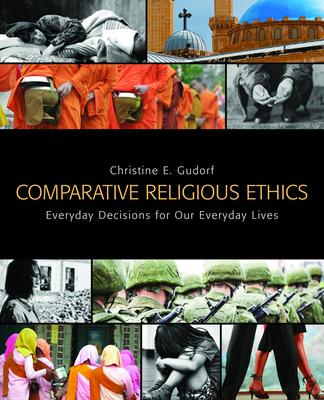The study of comparative religious ethics is at a critical juncture, given the growing awareness of non-Christian ethical beliefs and practices and their bearing on social change. Christine Gudorf is at the forefront of rendering comparativeand competingreligious beliefs meaningful for students, especially in the area of ethics.
Unlike other texts, Gudorf's work focuses on common, everyday issuesincluding food and diet, work, sex and marriage, proper dress, anger and violence, charity, family, and infirmity and the elderlywhile drawing out ethical implications of each and demonstrating how different religious traditions prescribe rules for action. An introductory chapter reviews standard ethical theory and core elements of comparative religious analysis. Each chapter opens with a riveting real-life case and shows how religious ethics can shed light on how to handle the larger issues, without determining for the reader what a proper ethical response might be.
Helpful pedagogy, including summaries, questions, and list of readings, along with special chapter features, charts and photographs and a glossary, combine to make this new text most suitable for the wide array of courses in comparative religious ethics.
